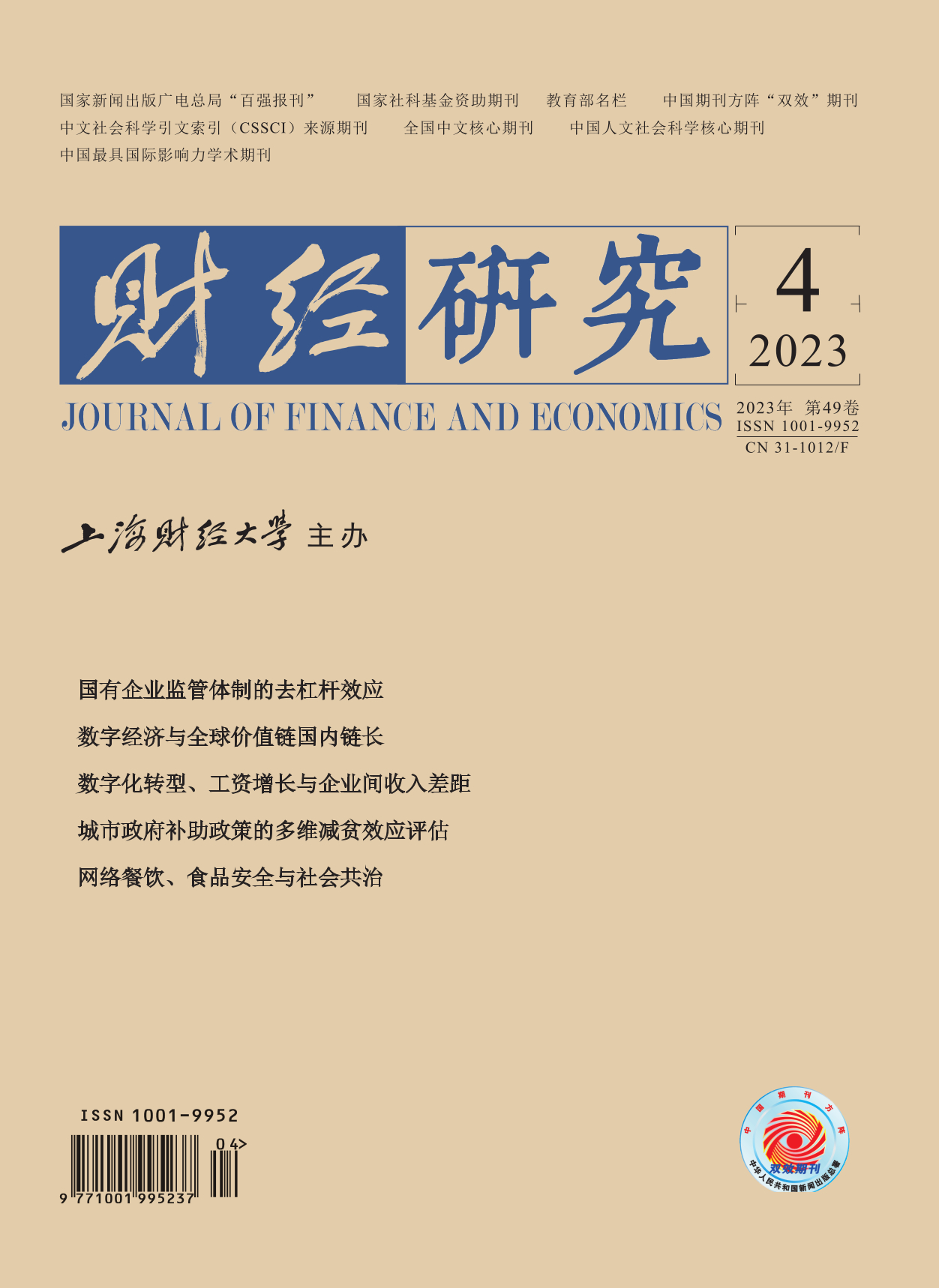To explore the internal driving force of corporate social responsibility(CSR)in the Chinese context, we need to explore historical rationality from the traditional Chinese society. Much research has shown that historical institutions can have a long-term impact on modern economic development. In the traditional Chinese society, there has been a particular kind of charitable organization — Charity Associations and Charity Halls, which has both the functions of charity and education. Does this historical informal institution continue to affect the behavior of contemporary firms?
In order to answer this important question, this paper matches the precise coordinates of listed companies to the ancient prefecture level, and makes an empirical study combined with the data of Charity Associations and Charity Halls in historical materials. The results demonstrate that the higher the density of Charity Associations and Charity Halls, the better the performance of CSR. After considering various cultural factors, the characteristics of CEOs and the impact of major events, the main conclusion is still robust.
Further, from the perspectives of whether firms are required to disclose social responsibility forcibly and independent third-party authentication to peel off the opportunistic motivation, this paper finds that the promotion effect of the density of Charity Associations and Charity Halls on the performance of CSR still exists. From the perspective of mechanism, the long-standing Charity Associations and Charity Halls have formed the cultural concept of individual altruism, which affects the performance of CSR by shaping the altruistic values of firm executives, and there is no risk aversion mechanism. The results show that Charity Associations and Charity Halls can still have a far-reaching impact on today’s economic activities, which is helpful to understand the modern significance of Chinese excellent traditional culture as a historical heritage.
The main contributions are that: First, this paper discusses the long-term impact of historical heritage on CSR based on Charity Associations and Charity Halls in the Chinese traditional society for the first time, which deepens the understanding of existing literature on corporate altruistic behavior. Second, this paper focuses on such charitable organization in the traditional society, and finds that it continues to affect today’s corporate behavior. Therefore, this paper has an expansion on the literature of institutional economics and economic history. Third, based on the analysis framework of epidemiological approach, after excluding the impact of the formal institution of firm location, this paper uses the manually collected birthplace information of firm executives and verifies that behind the long-term impact of Charity Associations and Charity Halls is the mechanism path to promote CSR by shaping the individual cultural concept of entrepreneurs, which provides sufficient evidence support for the conclusion that the historical heritage can play a role in the long term.





 5612
5612  6813
6813

